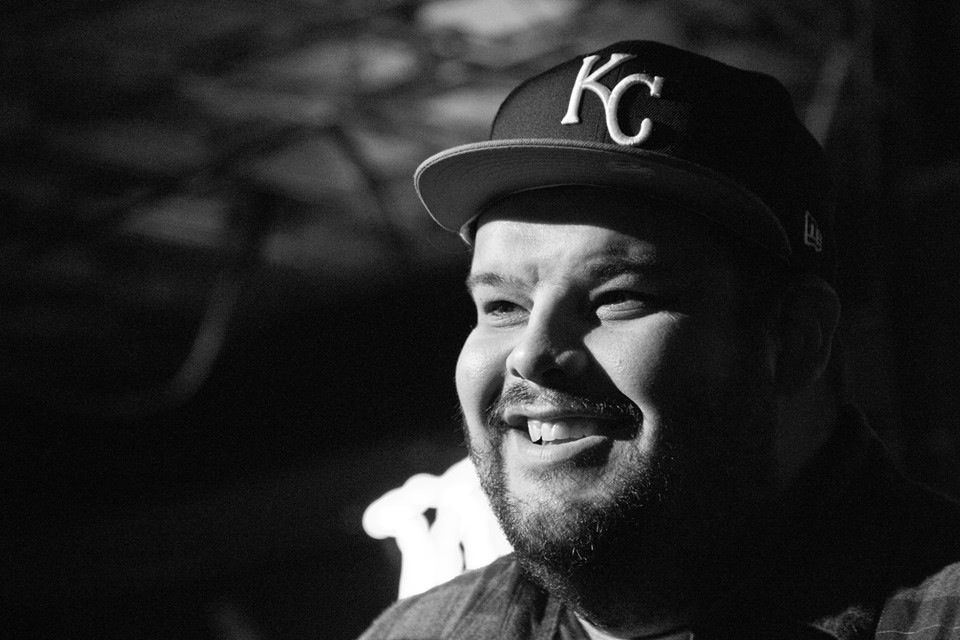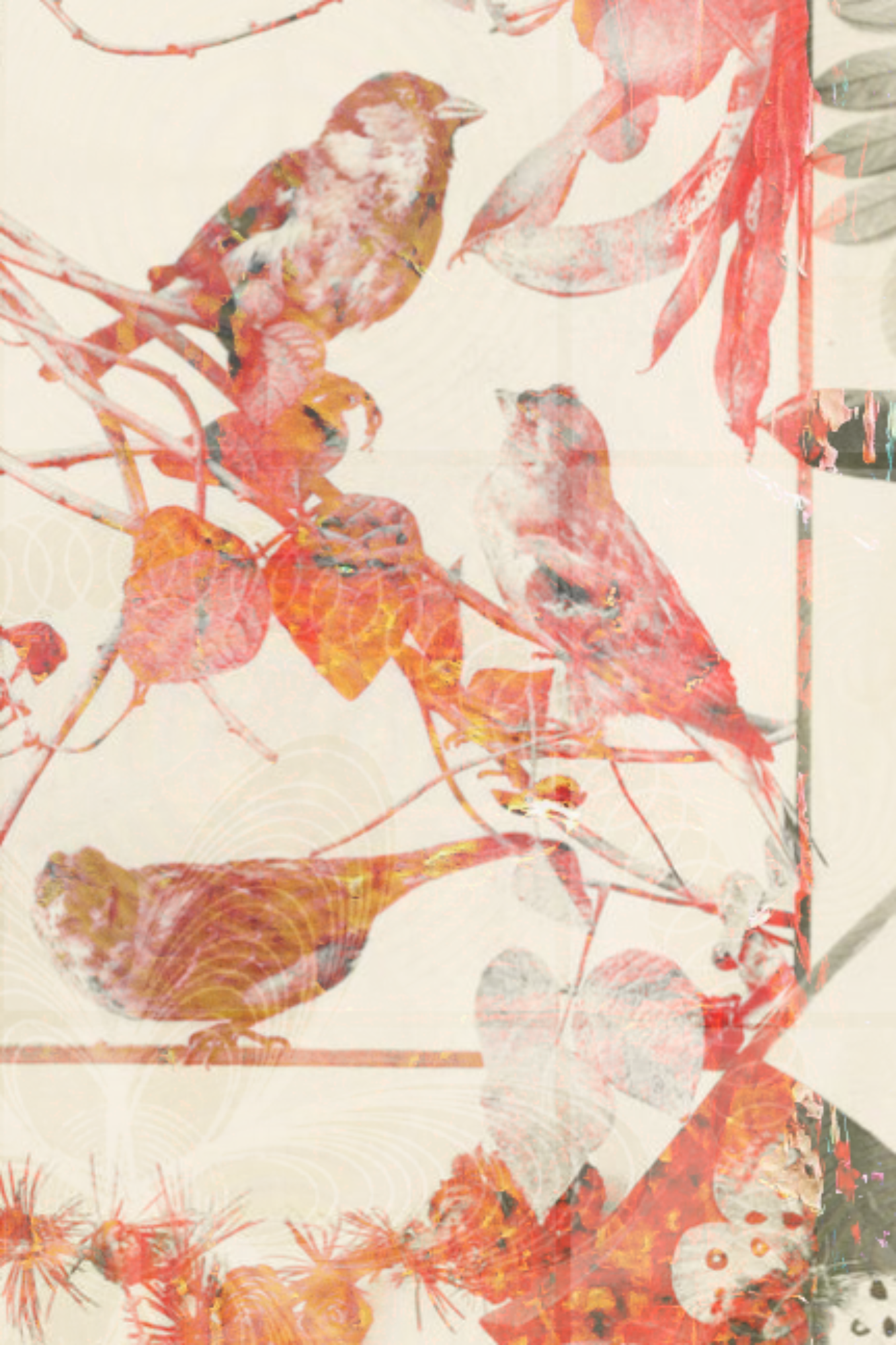What tips would you give someone taking their first steps in creative work?
What did you need to hear when you were getting started?
The best advice ever given to me was “just write”. Don’t worry about form, adhere to standards or follow any rules when you sit down and start putting the pen to page. The most important part to any piece is your true feelings. Once you have those down in raw form, you can pare, snip, alter and give a poem its shape. It’s also important that you don’t get hung up on making everything so make or break. A rejection doesn’t mean you aren’t good enough, it often just means you didn’t fit the shape an issue was taking or resonate with an editor as deeply as another writer’s work. Poetry and writing is in general, incredibly subjective. So much so that it’s almost day by day. How I am feeling Wednesday may not at all correlate with how I feel on Saturday, therefore a poem I am reading at any moment is going to take a different meaning or tone depending on my current mood. Believe in your work and find good mentors. I go back to something a friend told me with that rule; “You’ll always know who truly wants to help you improve if they lead with something they liked or a positive they took away from your work. A good mentor wouldn’t go out of their way to chew you up and spit you out.” This rule also reminds me to be the type of mentor I needed and was fortunate to find.
Are any movies, music, books, or poetry collections (or any media at all, really) particularly inspiring to you?
I have always been inspired by work that reflects my own life and struggles. I have always loved the work of Kevin Smith and movies like Clerks and Dogma because those movies reflect what I was doing in my late teens and early 20’s. Searching for guidance, jockeying a register in a store, not sure about who I was or what I wanted from life. For years, I worried I didn’t belong in the realm of poetry when I would read a poet’s bio and see where someone went to college and how many awards they won and all the fabulous things that made up their resumes. It made me feel ignorant and embarrassed in comparison. I went to junior college for one year. I worked in hotels and retail settings with no savings or health insurance. I walked to work for many years because I couldn’t afford to buy a car. It’s hard to imagine any of that impressing someone in a bio. When I saw Lemon Andersen perform and heard his story and saw his struggle, that was when I realized it’s not the stuffy, exclusive club I envisioned it being. It’s a wide spectrum of individuals from different walks of life, each with a gift they possess and a story they need to tell. Just because I knew my journey didn’t mean I understood everyone else’s and I had to soul search and remember that things are rough all over. From that moment forward, poetry became a potluck and I was excited to meet everyone and sample it all. Now, I read every poem I can and always come away with something that improves the way I write or shifts how I view and interpret perspectives I do not understand. I am inspired by patience and understanding. There is always something deeper to experience in everything, especially when you go into something looking to appreciate someone’s story, time and labor and you aren’t trying to compete or feel threatened by them or their work.
How do you push through creative blocks?
I definitely use the time machine effect. I jot more lines and bars on random notebook pages than I could ever count. When I get a little blocked or have nothing on my soul, I open these up and almost always find myself creating a piece out of something old I wrote and completely forgot about. I also do little exercises to improve, like writing in different meters or writing new words to the instrumental of classic songs or I pick up a chapbook from another poet and try to read their pieces out loud in the way I feel it reads. There is definitely a direct correlation between inspiration and what you absorb, so why not absorb as much as you can?
Give us some background on the piece you contributed to this issue.
“Descansos” is a poem born long before I ever wrote it. Many years ago, I rode along with a friend to visit his father, who is a paramedic in New Mexico. As we drove on I-25 between Santa Fe and Albuquerque, I noticed far more roadside memorials and site crash markers than I am used to seeing along the interstate. When I inquired why, he explained how dangerous that stretch of road is and how it had one of the highest crash fatality rates in the country. In some parts of the southwest, those memorials are protected by law and cannot be removed unless it’s by a state official. They refer to them as “Descansos” which translates to many things, but refers to a gravesite marker at the place of a violent, unexpected death. Years later, I saw a roadside memorial from the window of a Greyhound bus on the way to the wedding of a close friend. It was a large white cross, well lit but it was hanging atop one of those red Cozy Coupe cars they make for kids to drive. It immediately left me unsettled and sad, thinking a child was taken in that fashion long before their time. I think of it at least once a day, even more so now that I have two young children. As much as it rattles me, it reminds me to slow down and take in the scenery and not be in a hurry to get wherever it is I think I need to go. It also reminds me of all the friends and people I have crossed paths with in life that left us too soon and helps me create little memorial sites in my mind where I can visit them in memory.
What keeps you motivated to create? Do you have any big dreams or goals for your work?
I create because I love it, plain and simple. All day long, I am thinking and jotting, scribbling and looking for that light bulb above my head. From the time I was a teenager and saw Taylor Mali perform “What Teachers Make” on Def Poetry, All I have ever wanted to do was write impactfully and level people the way that poem leveled me in the middle of the classroom. I’ll never forget sitting there, trying not to cry. Trying not to clap and applaud to the TV screen. Feeling like the lump in my throat was an anvil I couldn’t swallow. I loved that feeling. It was like walking into a house and knowing you wanted to live there for the rest of your life. My dreams are just to keep writing and keep relating and connecting through my work. I also want to show my kids that if you love something and you are meant to do it, be sure you do it and feel it with all of your being and do it the best you can every day you wake up, with good intentions at the forefront. It may sound cheesy to quote Uncle Ben from Spider-Man in a poetry journal, but it rings true: with great power comes great responsibility, and much like impactful lines in poems, it doesn’t always have to be the busy line with bells and whistles that says it best. Sometimes simple and straightforward is more than enough.

Nicholas Grooms is a poet, writer and musician hailing from Garden City, Kansas. He has appeared in such periodicals as Verse Libre Quarterly, Roi Faineant, Skyline Magazine and Midsummer Dream House, though he is best known for his work creating music for the Kansas City Chiefs organization. Grooms is also a revered sports and entertainment journalist and is author of the book Me, Myself and I Hate You. He currently resides in Austin, TX, forever learning and growing in his favorite role of “proud father.”

